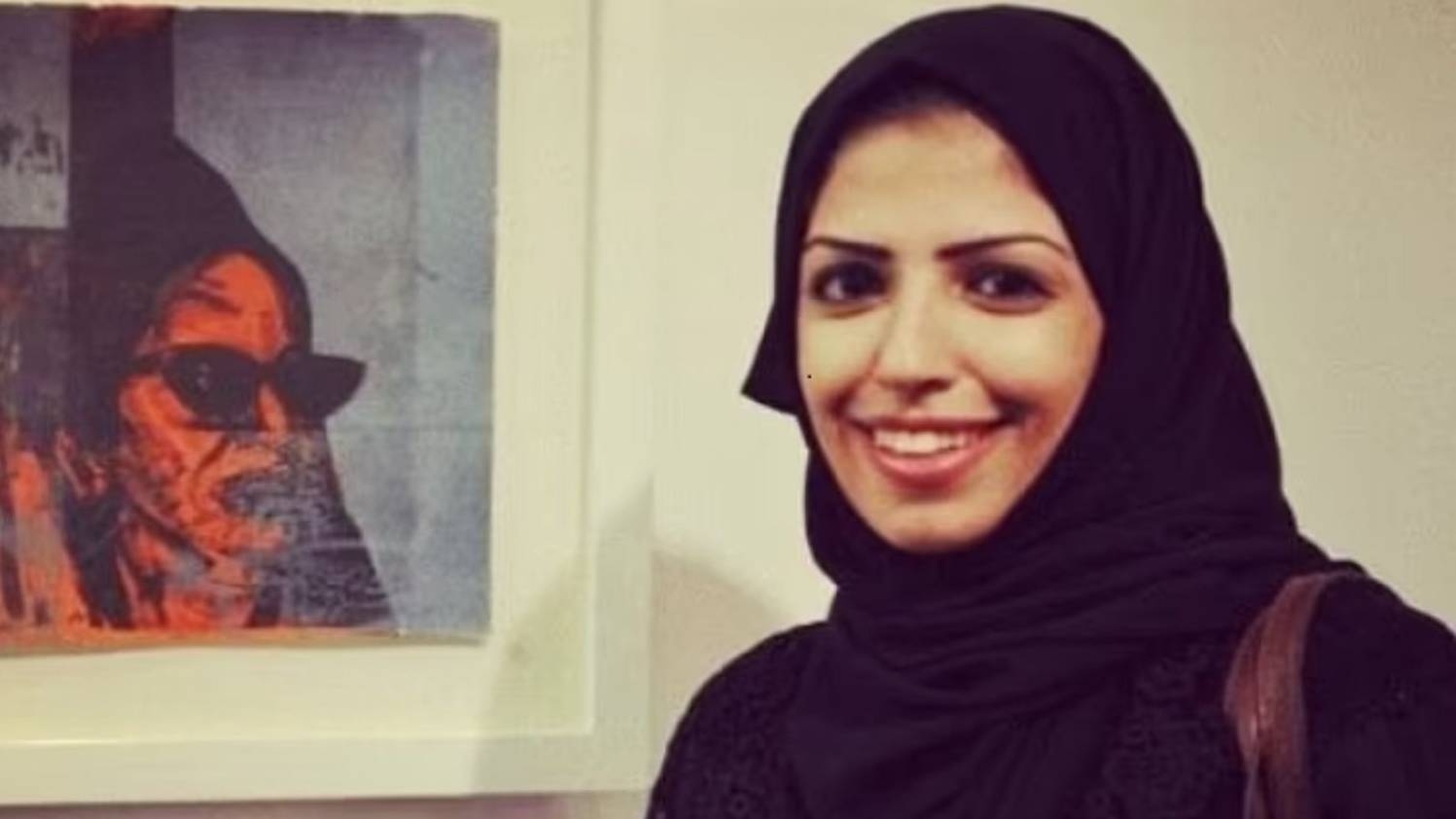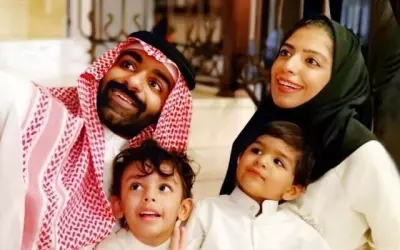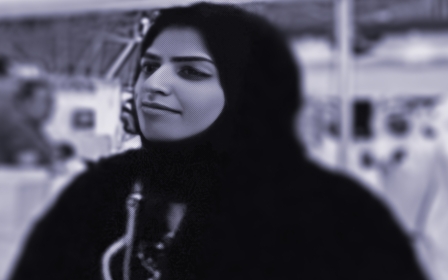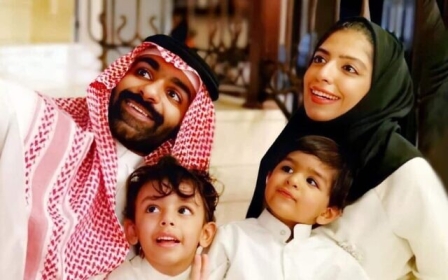Academics urge UK PM to help release Saudi woman sentenced over tweets

Hundreds of British academics and research students have called on Prime Minister Liz Truss to help release Saudi doctoral candidate Salma al-Shehab, who was studying in the UK when she was sentenced to 34 years in prison.
Shehab, 34, was arrested in January 2021 and sentenced in August to 34 years in prison, followed by a 34-year travel ban, over retweets of posts supporting women’s rights, basic freedoms and prisoners of conscience in the kingdom.
Almost 100 people from the University of Leeds, where Shehab was nearing her final year of doctoral research in dentistry, have signed a letter to Truss.
"Despite their constant rhetoric of reform and support for women’s rights, the Saudi authorities have shown themselves to be hellbent as ever on crushing any form of peaceful dissent," the letter said.
"Western leaders’ embrace of [Crown Prince] Mohammed bin Salman makes them feel empowered to do so."
New MEE newsletter: Jerusalem Dispatch
Sign up to get the latest insights and analysis on Israel-Palestine, alongside Turkey Unpacked and other MEE newsletters
The academics asked Truss to help secure British consular access to Shehab, the mother of two young children, and push for her immediate release and for Saudi authorities to drop her conviction.
"Salma should be looking forward, like us, to the new academic year, instead of languishing behind bars for the ‘crime’ of tweeting her legitimate opinions," the letter added.
"She must be freed, reunited with her family, and allowed to finish her PhD in the UK."
ALQST, a Saudi rights group based in London, said that Saudi authorities should "immediately and unconditionally release Salma al-Shehab and other prisoners of conscience detained for their peaceful activism, and to drop all charges against them".
In August, an alliance of more than 30 rights groups called on the international community to pressure Saudi authorities to release Shehab, days after a court imposed a prison sentence on her.
Since taking de-facto control of the kingdom in 2017, the crown prince has overseen a widespread crackdown on dissent, even as he pushed several nominally liberalising reforms.
Hundreds have been executed, with 120 executions carried out so far in 2022 alone. In March, the kingdom executed 81 men in its largest single mass execution in decades.
Middle East Eye delivers independent and unrivalled coverage and analysis of the Middle East, North Africa and beyond. To learn more about republishing this content and the associated fees, please fill out this form. More about MEE can be found here.





